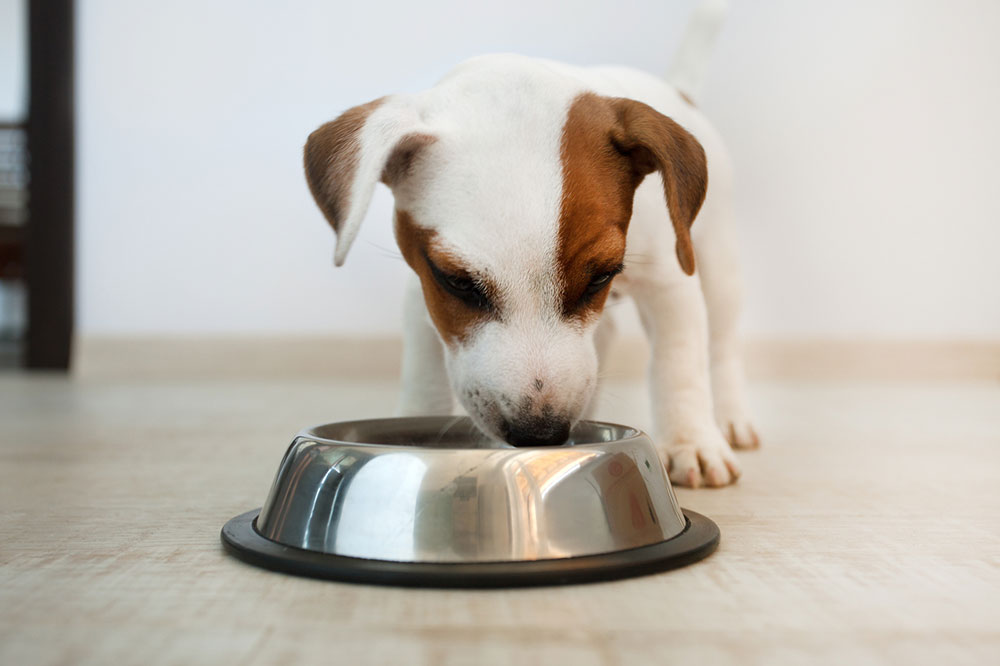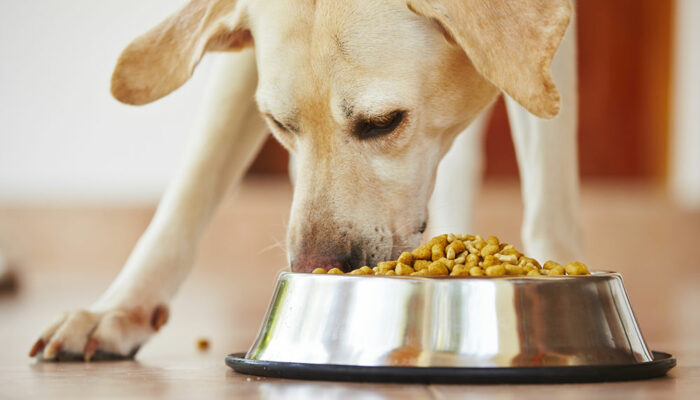
6 Handy Tips When Shopping for Dog Food
Your dog will eat almost anything that is served and is not that picky when it comes to nutrition. But how are you sure the food you’re buying for your dog is healthy? The quality of food you feed your dog will determine its overall health currently and in the future, happiness, and longevity of life. And, dog food is a very individual thing, and one type of food doesn’t suit all dogs’ health requirements.
All said and done, it’s a tricky and quite a taxing job going around finding the right dog food that provides the best nutrition. While the process may seem overwhelming, there are helpful tips to guide you in choosing the right dog food that offers maximum nutrition and value for your money.
Check the Nutritional Guarantee
This is probably the first and the most important thing to look out for while buying dog food. You must check if there’s a message from AAFCO that reads “provides complete and balanced nutrition” or “formulated to meet the nutritional levels” on the label. The main ingredients should be chicken, lamb, beef, or some other potent source of protein.
Don’t Avoid Byproducts
Byproducts are ignored by the general crowd due to the misconception that real chicken or real meat is better. Byproducts are generally the leftovers of the animal carcass that comprise bones and organs. While people think they’re unhealthy, in reality, they’re highly nutritious and provide more proteins, vitamins, and minerals compared to desirable muscle meat.
Premium Isn’t Always the Best
You often come across dog foods that are categorized as popular, premium, and gourmet. However there are no nutritional requirements available for these labels, and you only end up spending more. You can buy cheaper foods that have amazing nutritional value and save money for other important things for your dog.
Avoid Food with Preservatives
Dog food labels can mislead and lure customers into buying foods that offer little nutritional value. Some labels have peanut shells that show as vegetable fiber, but have no nutritional value in reality. There are other preservatives that can be downright harmful. You should make sure the dog food you intend to buy is 100% free from preservatives and fillers.
See What Suits Your Dog Best
Remember that every dog’s nutritional needs are different that provide the right amount of nutrition required for each dog. Your dog food should be specially tailored that matches its life stage, weight, activity level, and appetite. While puppies have a different recipe, adult dogs have other requirements. Active dogs need more calories, and sedentary dogs’ needs are different. Check out companies that provide dog food as per personalized feeding plans that meet your dog’s individual needs.
Raw Isn’t Always Better
Most pet food companies claim that feeding your dog food that’s identical to what animals in the wild eat, there’s no scientific evidence to support the same. Raw diets actually cause health issues, nutritional imbalances, internal damages, dental fractures, and infections. Hence, the American Veterinary Medical Association doesn’t encourage feeding your dog raw diets.



